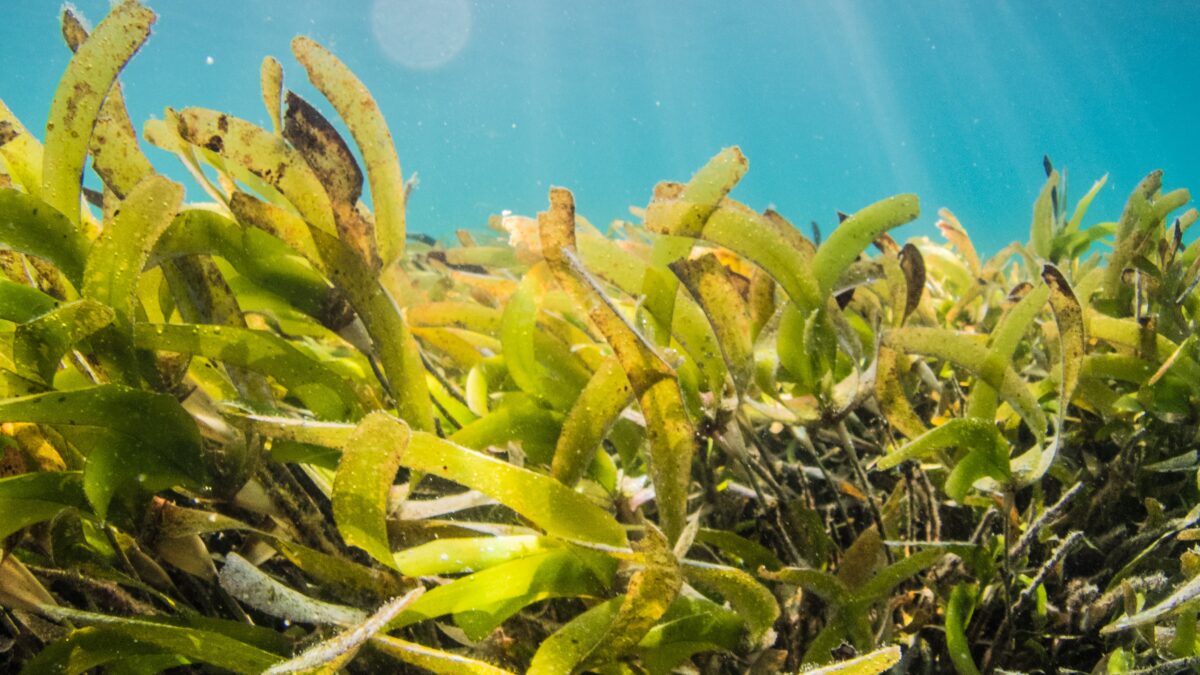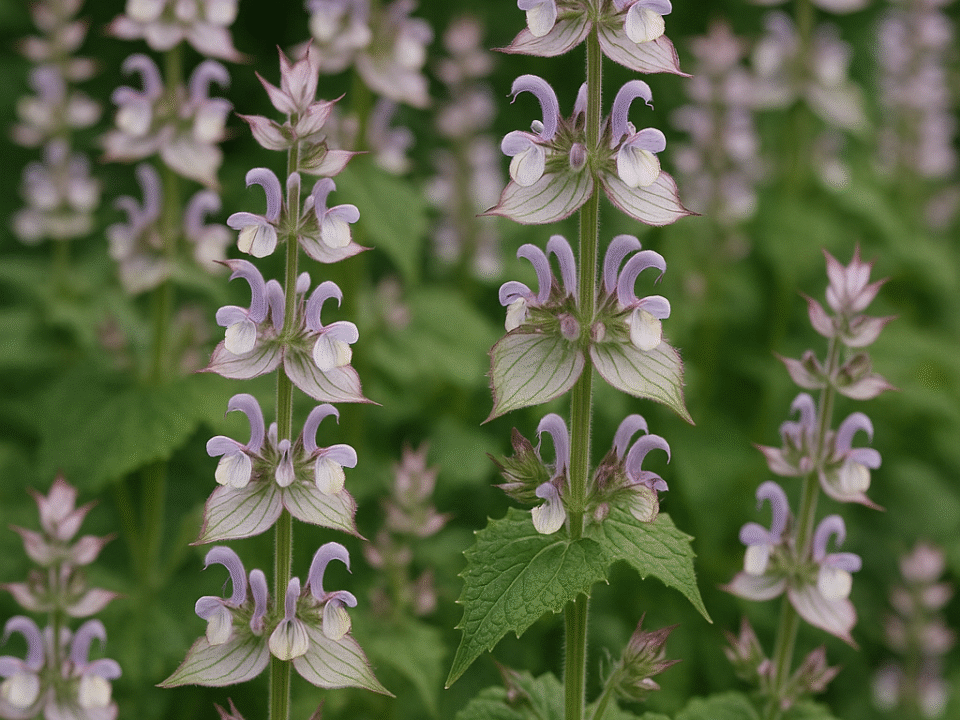
Seaweed, also known as macroalgae, is a collective term for a wide range of multicellular, macroscopic, and marine algae species.
Seaweed is very versatile and can be found in different industries. For example, edible seaweed is consumed all over the world with a higher prevalence among Easter Asian countries. Gelatinous seaweed products like carrageenan, agar, and alginate, are food additives that facilitate water retention and emulsification. Moreover, carrageenan is also added to salad dressings and sauces. Other seaweed uses include combating beach erosion, organic fertilizers, and composts for landscaping.
In the skincare industry, seaweed is perceived as one of the most beneficial and abundant natural ingredients. It can serve as an antioxidant, hydrator, exfoliant, and brightener. Seaweed contains high concentrations of seawater, from which it can uptake all the necessary minerals via absorption and active transport. For this reason, it is rich in various proteins, amino acids, vitamins, and lipids essential for the human body, including the skin.
About 13 seaweed species have been identified as mostly added ingredients into skincare formulations. Due to its diversity, different types of seaweed are added to a wide range of different skin care products like cleansers, toners, serums, moisturizers, and masks.
Regulation of oil production, exfoliation, brightening, and moisturizing are the main skincare benefits of seaweed ingredients.
Some seaweed products help to decrease oil production, while others tend to inhibit the production of Propionibacterium acnes which triggers acne breakouts. Moreover, its natural minerals like zinc and magnesium, promote anti-inflammatory benefits which help to reduce redness in sensitive and hypersensitive skin types.
Seaweed species like Laminaria are rich sources of amino acids (e.g. glycine) and antioxidants (vitamin C). Both of them help to promote collagen production which tends to decrease with age. With increased production of collagen, fine lines and wrinkles will be smoothed and give the skin plumper and more youthful look.
Another seaweed species, Corallina officinalis, helps to naturally exfoliate the skin by gently removing dead and loose skin cells from its surface.
The essential fatty acids in the seaweed help to maintain the skin’s barrier. The polysaccharides like alginic acid which are also found in seaweed provide moisturizing properties by locking in moisture in the skin.
The active ingredient of seaweed is suitable for all skin types, including sensitive skin. It is safe to use on daily basis during morning and/or night skincare routines.



